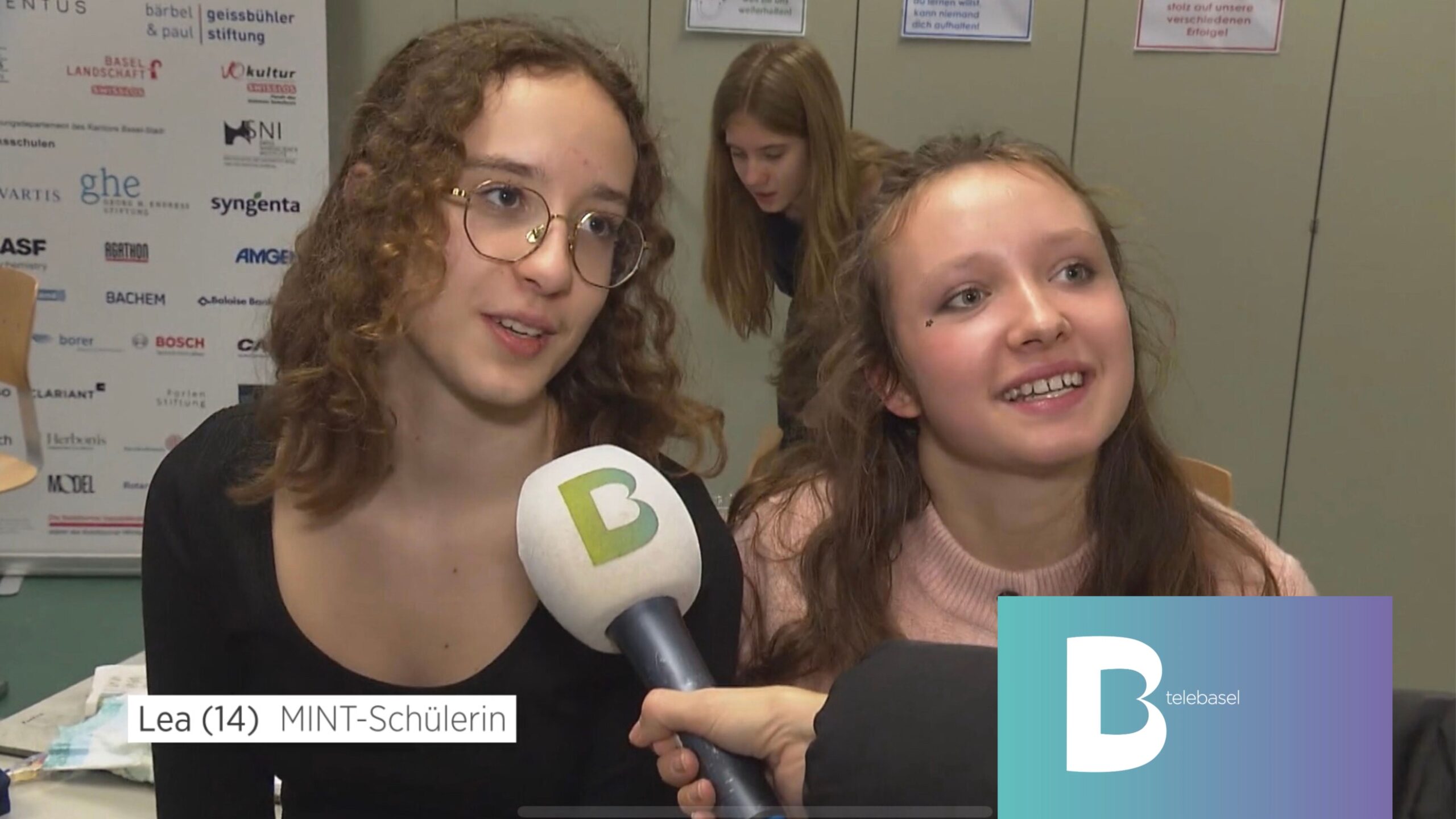A whole 37 experiments around nanotechnology packed into one case. This project is called “SimplyNano 2” and is now coming to Northwestern Switzerland. The case is designed for secondary school classrooms and is intended to promote STEM subjects. A MINT class at the Leonhard secondary school in Basel was allowed to experiment with it on Monday.
The experiments are versatile. Among other things, students learn why a gecko can climb smooth walls so easily or why baby diapers soak up so much liquid. It all has to do with nanoscience – the science of tiny particles. Although technology is often encountered in everyday life, whether in suntan lotion, paper clips or scratch-resistant cell phone covers, few people have a clear idea of what “nanotechnology” means.
Goal: Inspire young people
The experimental kit was created to get young people excited about technology nonetheless. The aim is to introduce young people to technical professions while they are still at school. Because there is an acute shortage of skilled workers in this industry. Syngenta also notes that. The agrochemical group is one of many supporters of the Nano-Koffer and wants to get young people excited about science and technology.
The experimental kit is a step in the right direction, says Elisabeth Vock, Head of HR at Syngenta Switzerland. “We are investing more and more time to really fill all apprenticeships. It’s not just us, it’s also the same for other companies in Basel. It’s a big chemical and pharmaceutical location, so of course we’d be interested if more got excited about our industry,” says Vock.
All secondary schools to receive suitcases
900 of these suitcases are now being distributed in the cantons of Basel-Stadt, Baselland and Solothurn. By 2025, according to the goal of project leader Christoph Meili, all secondary schools in Switzerland should be equipped with these experimental sets. “The students just have a blast because they get to do something themselves,” Meili said. Teachers also enjoy using the teaching material. They are trained by companies, such as Syngenta, before using the case in the classroom.
Positive experience at Sek Leonhard
Patrick Aspäck is a teacher at Leonhard Secondary School. He attended this course and it was worth it, he thinks, because: “Experiments always go down well. It’s best to do it loudly, the louder the better”. The experiments will also help the students understand what nanotechnology means. “The young people always hear about nanotechnology and nanoparticles. The experiments make it tangible what that actually means and what effect it has.”
Original publication: TeleBasel – Leonie Fricker
Image source: TeleBasel – Leonie Fricker
